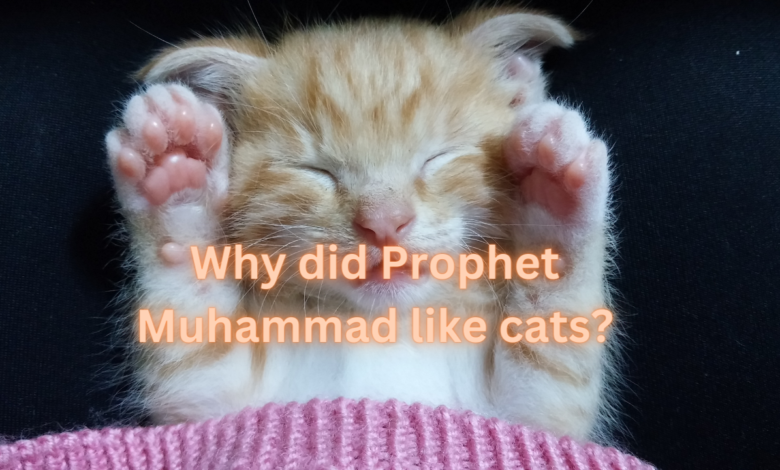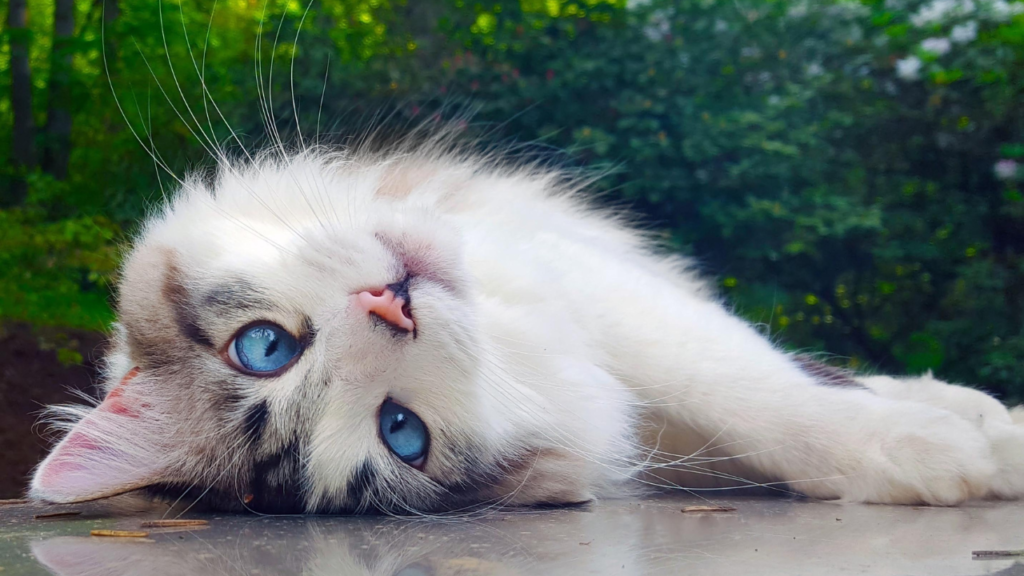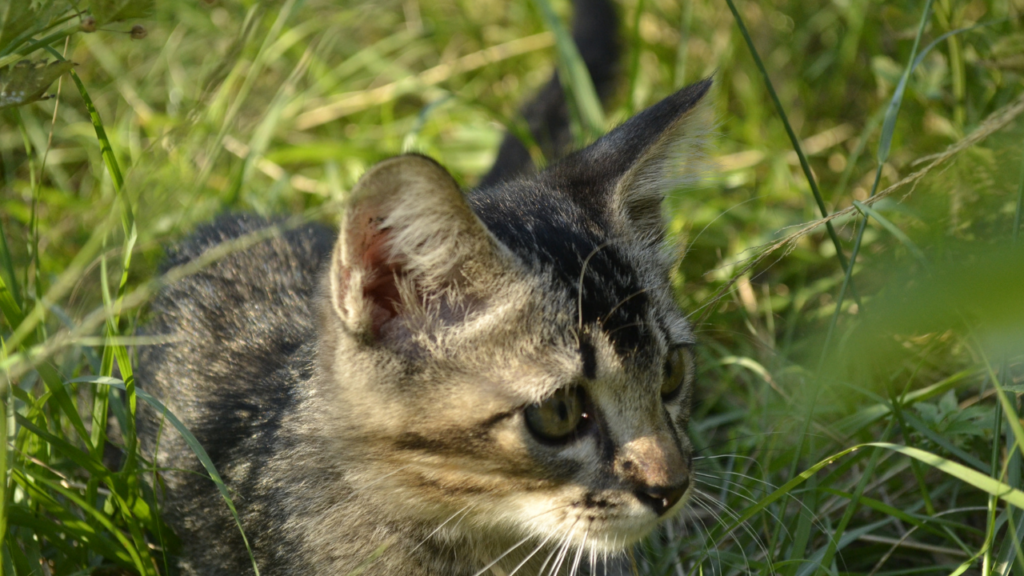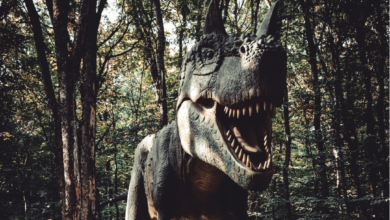Why did Prophet Muhammad like cats?
Exploring the Compassion of the Prophet and His Affection for Feline Companions

Why did Prophet Muhammad like cats?
Prophet Muhammad’s love for cats was rooted in his belief in compassion and kindness towards all living beings. Cats symbolized purity and cleanliness, and he valued their presence. His interactions with cats, particularly with his beloved cat Muezza, showcased his deep affection for these animals.

Introduction-Why did Prophet Muhammad like cats?
Prophet Muhammad, the founder of Islam, is renowned for his compassionate and kind nature. He displayed love and care not only towards his fellow humans but also towards animals. Among the many animals that captured his affection, cats held a special place in his heart. The reasons behind Prophet Muhammad’s fondness for cats are a testament to his character and provide valuable insights into the importance of kindness and compassion towards all creatures.
Cats in Islamic Tradition
Cats are highly regarded in Islamic tradition, and their importance is emphasized in various Hadiths (sayings and actions of Prophet Muhammad) and Islamic literature. One of the most famous Hadiths about cats narrates a story of a woman who was condemned to Hell for mistreating a cat. This story serves as a reminder of the significance of treating animals with respect and kindness in Islam.
Also check
- Why did the Ghazwa Badr happen?
- Who was Abu Bakr Siddiq?
- Why did Ghazwa Khandaq happen?
- Who was the first Muslim?
- Why Indonesia is Muslim?
The Story of Muezza
The most well-known account of Prophet Muhammad’s love for cats revolves around his beloved cat named Muezza. It is said that Muezza would often sit on the Prophet’s lap while he prayed, and he would gently stroke her. This tender interaction showcases the Prophet’s affectionate nature and his belief in the importance of showing love and care to animals.
Cleanliness and Purity
Islam places great emphasis on cleanliness and purity, both in a physical and spiritual sense. Cats are known for their grooming habits, and their presence was seen as a symbol of purity. It is believed that Prophet Muhammad appreciated this aspect of cats and saw them as clean animals.
Protection from Harmful Creatures
During the time of Prophet Muhammad, cats played a crucial role in protecting homes and food stores from pests such as rats and mice. The Prophet’s love for cats may have also stemmed from their role in maintaining cleanliness and hygiene, thus contributing to the well-being of his community.
Compassion and Mercy
Prophet Muhammad’s love for cats goes beyond their practical purposes. It reflects his deep compassion and mercy towards all living beings. His teachings consistently emphasize the importance of treating animals with kindness and avoiding cruelty. This love for cats was an extension of his broader message of compassion and empathy for all of God’s creations.
Lessons in Kindness
The Prophet’s affection for cats serves as a valuable lesson for Muslims and people of all faiths. It highlights the significance of being compassionate towards animals and treating them with care and respect. In a world where animals often suffer from neglect and mistreatment, Prophet Muhammad’s example encourages us to be better caretakers of the creatures that share our planet.
Conclusion
Prophet Muhammad’s love for cats is a testament to his kind and compassionate nature. His affection for these graceful creatures was rooted in his belief in the importance of treating all living beings with respect and mercy. Cats, in particular, held a special place in his heart, and his interactions with them serve as a powerful reminder of the value of kindness towards animals in Islam and beyond. The Prophet’s example continues to inspire individuals to embrace a more compassionate and empathetic approach to all creatures, great and small.

FAQs-Why did Prophet Muhammad like cats?
Why did Prophet Muhammad love cats?
Prophet Muhammad’s love for cats was rooted in his belief in compassion and kindness towards all living beings. Cats symbolized purity and cleanliness, and he valued their presence. His interactions with cats, particularly with his beloved cat Muezza, showcased his deep affection for these animals.
What role did cats play in Islamic tradition?
Cats hold a special place in Islamic tradition, emphasized through various Hadiths. They are seen as symbols of cleanliness and purity. The story of a woman condemned to Hell for mistreating a cat underscores the importance of treating animals with respect in Islam.
Did cats have practical roles during Prophet Muhammad’s time?
Yes, during the time of Prophet Muhammad, cats served a practical purpose in protecting homes and food stores from pests such as rats and mice. Their presence contributed to maintaining cleanliness and hygiene within communities.
What broader lessons can we learn from Prophet Muhammad’s love for cats?
Prophet Muhammad’s affection for cats serves as a reminder of the significance of compassion and empathy towards all creatures. It encourages people of all faiths to treat animals with kindness, mirroring his example of love and care for animals.
Are there any other animals that Prophet Muhammad had a particular fondness for?
While cats held a special place in the Prophet’s heart, he displayed compassion and care for various animals. His teachings emphasize kindness towards all creatures, including camels, dogs, and birds.
How did Prophet Muhammad treat animals in general?
Prophet Muhammad’s treatment of animals was characterized by gentleness and respect. He discouraged cruelty, overburdening, and neglect of animals. His example teaches us to provide proper care and sustenance to animals under our care.
What do Islamic teachings say about animal rights and welfare?
Islamic teachings promote the idea of stewardship over animals, emphasizing that humans are responsible for their well-being. Acts of kindness, such as providing food, water, and shelter, are encouraged, while cruelty and abuse are strongly discouraged.
Did Prophet Muhammad provide any guidance on hunting and the treatment of animals during hunting?
Yes, Prophet Muhammad provided guidelines on hunting. He stressed the importance of using animals for hunting only when necessary for sustenance and not for sport. Additionally, he advocated for humane treatment of hunting animals and discouraged causing unnecessary harm or suffering.
What can we learn from the story of the woman condemned to Hell for mistreating a cat?
The story serves as a powerful reminder of the significance of treating animals with kindness and compassion. It underscores that cruelty towards animals is unacceptable in Islam and carries consequences. It encourages Muslims to uphold the values of mercy and empathy in their interactions with animals.
How can individuals today follow the example of Prophet Muhammad in their treatment of animals?
Individuals can follow the example of Prophet Muhammad by practicing kindness, compassion, and respect towards animals. This includes providing proper care, avoiding cruelty, and speaking out against animal abuse. Supporting animal welfare organizations and adopting ethical and humane practices in their daily lives are also ways to emulate his teachings.
Are there any specific prayers or supplications related to animals in Islamic tradition?
While there may not be specific prayers or supplications exclusively related to animals, Muslims are encouraged to invoke Allah’s name before performing any action, including caring for animals. Expressing gratitude for the blessings of animals and seeking Allah’s guidance in their treatment is a common practice.






